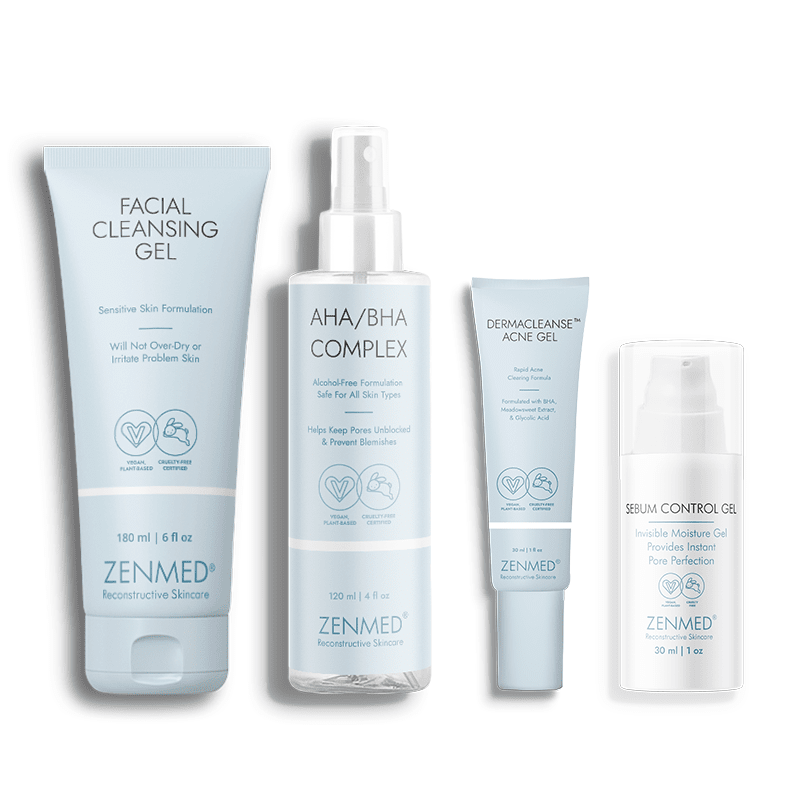The Bernard Rodriguez Journal
Exploring the latest trends and stories in news and lifestyle.
Skincare Secrets Your Dermatologist Won't Tell You
Unlock the hidden skincare secrets your dermatologist won’t share! Discover tips for radiant skin that will revolutionize your routine.
The Truth Behind Popular Skincare Myths: What Your Dermatologist Won't Tell You
The world of skincare is rife with myths that can mislead even the most diligent skincare enthusiasts. One of the most popular misconceptions is that everyone should use a toner. While toners can be beneficial for specific skin types, especially oily skin, not all dermatologists recommend them universally. In fact, many formulations are laden with alcohol and can strip the skin of its natural oils. Instead, focusing on a personalized skincare routine that suits your skin type is key. For more insights, check out this article by the American Academy of Dermatology.
Another widespread belief is that expensive products guarantee better results. However, many dermatologists stress that the active ingredients are what matter, regardless of the price tag. Often, affordable products can deliver comparable results if they contain effective ingredients like retinol or hyaluronic acid. It's crucial to read labels and understand what your skin truly needs, rather than be swayed by marketing. For further exploration of this topic, visit Healthline for an in-depth look at how to choose products wisely.

10 Affordable Skincare Hacks That Dermatologists Swear By
Skincare doesn't have to break the bank, and these 10 affordable skincare hacks that dermatologists swear by can help you achieve glowing skin without overspending. First up, consider using moisturizers with humectants. Ingredients like hyaluronic acid or glycerin draw moisture into the skin, making them excellent options for hydration on a budget. Additionally, try incorporating a simple DIY face mask using bananas and honey, as both ingredients offer nourishing and antimicrobial properties, promoting a healthy complexion.
Another effective hack is to switch to a chemical sunscreen, which tends to be less expensive than mineral options. Make it a habit to apply sunscreen every morning to protect your skin from harmful UV rays. Additionally, keeping your skincare routine minimal can save you both time and money—focus on the essentials like cleansing, moisturizing, and sun protection. Lastly, don’t forget the power of drinking water; staying hydrated can significantly improve your skin’s appearance—one of the simplest and most affordable skincare hacks ever!
Are You Using the Right Products? Common Skincare Mistakes to Avoid
Choosing the right skincare products is crucial for maintaining healthy skin, but many people fall into common skincare mistakes that can hinder their progress. One prevalent error is ignoring your skin type. Whether you have dry, oily, or combination skin, it's essential to select products specifically formulated for your needs. Using products designed for a different skin type can lead to issues such as irritation or breakouts. For more detailed guidance on understanding your skin type, check out this resource.
Another frequent mistake is applying too many products at once. Layering excessive products can overwhelm your skin, leading to clogged pores and diminished effectiveness. Instead, consider adopting a streamlined routine that focuses on essential steps: cleansing, toning, moisturizing, and sunscreen. Remember, quality trumps quantity! For tips on building an effective skincare routine, visit this health guide.